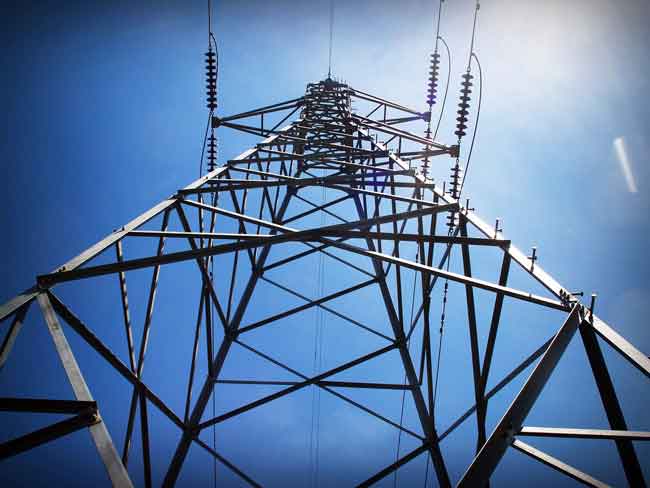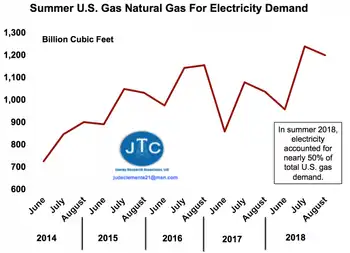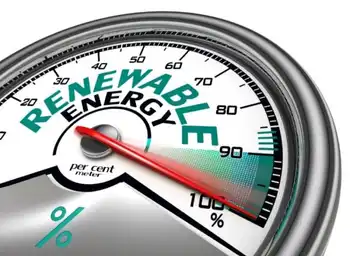Chile sees tidal power filling energy gap
By United Press International
Arc Flash Training CSA Z462 - Electrical Safety Essentials
Our customized live online or in‑person group training can be delivered to your staff at your location.

- Live Online
- 6 hours Instructor-led
- Group Training Available
A feasibility study on the potential for exploiting the renewable energy resource in Chile found the country had a "unique" wealth of natural sites that, if harnessed only up to 10 percent of available tidal power, could exceed the installed capacity of Chile's central grid.
The study was conducted for the Inter-American Development Bank by Garrard Hassan energy consultancy, based in Bristol, England.
According to the report, published by Chile's National Energy Commission and reported in Energy & Oil, Latin America, Chilean tidal power sites could include the ports of San Antonio, Puerto Montt and San Vicente, the Corcovado Gulf and the Magellan Straits.
Economic prosperity has raised projections for electricity consumption in Chile, which currently averages 56 billion kilowatt hours against 802 billion kilowatt hours for all of Latin America.
Electricity generation from tidal waves is a proven technology, more predictable than solar or wind power, and already used on a commercial scale by France since 1966.
The French tidal barrage at Rance, operated by Electricite de France, produces 240 megawatts at peak time.
Uses of tidal power in mills date back to Roman times.
Tidal power generation units of varying capacity are in different stages of completion or operation in the United States, Canada, China, Russia, South Korea, Australia and New Zealand and India.
Britain is planning a tidal power barrage on the River Severn between England and Wales, but the project is currently mired in controversy. Environmentalists see its huge scale as detrimental to the local ecology.
Chile's tentative tilt toward tidal power follows intense debate over a switchover from coal-fired electricity generation to "clean" nuclear power, but the idea has led to an outcry from environmental campaign groups.
Much of Chilean electricity is generated in coal-fired plants, raising fears that Chile's greenhouse gas emissions could rise with the growth in demand for electricity.
Estimates cited by the Santiago Times said that without changes to its energy matrix, Chile's coal-burning would jump to a majority stake in the country's electricity production by 2030.
The reports led to energy experts moving in divergent directions, some arguing for "clean" renewable energy sources and others opting for "clean" nuclear power.
Chile has had a nuclear research program since 1974 but only recently has begun looking into nuclear power generation as another alternative to coal.
A National Energy Commission study on the pros and cons of nuclear power was carried out by Finland's state-run Radiation and Nuclear Safety organization, STUK.
The report recommended eight measures for Chile, including the creation of a public forum on nuclear energy and the development of an independent regulatory body for nuclear power, before it could embark on a nuclear power generation program.
If the environmental groups win the argument for renewable sources such as tidal power, Chile's nuclear power generation program could be pushed to the back burner.
Supporters of nuclear power argue that Chile needs to catch up with Argentina and Brazil, neighbors with advanced nuclear programs.
Chile's environmental groups oppose the nuclear option also because they cite the country's earthquake fault lines as a major risk.
Amid the ongoing discussions, for now at least, tidal power seems to stand a greater chance of winning friends among politicians who will fund its introduction to Chile.











